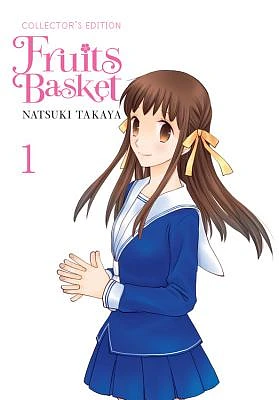Home
Pollination Biology, Vol.1: Pests and pollinators of fruit crops
Loading Inventory...
Barnes and Noble
Pollination Biology, Vol.1: Pests and pollinators of fruit crops
Current price: $109.99


Barnes and Noble
Pollination Biology, Vol.1: Pests and pollinators of fruit crops
Current price: $109.99
Loading Inventory...
Size: OS
*Product Information may vary - to confirm product availability, pricing, and additional information please contact Barnes and Noble
The book covers interplay between pest management strategies and safety of pollinators. Detailed information is provided on pests and pollinators of temperate, subtropical and tropical fruit crops. Most of the fruit crops are highly cross pollinated and depend upon insects or benefit from insect pollination for fruit set. Insect pests on the other hand cause major economic damage on fruit crops in tropics, subtropics and temperate. Evidently, pest management in fruit crops on one hand and providing safety to the pollinators on the other is a challenging task in the context of increasing horticultural productivity without upsetting the ecological balance. This book aims to integrate and develop pest control strategies in a way to minimize their impact on beneficial insect species such as natural enemies and pollinators to enhance fruit production and quality. The book covers interplay between pest management strategies and safety of pollinators. Detailed information is provided on pests and pollinators of temperate, subtropical and tropical fruit crops. Pollinators play a crucial role in flowering plant reproduction and in the production of most fruits and vegetables. Most of the fruit crops are highly cross pollinated and depend upon insects or benefit from insect pollination for fruit set. Insect pests on the other hand cause major economic damage on fruit crops in tropics, subtropics and temperate. Evidently, pest management in fruit crops on one hand and providing safety to the pollinators on the other is a challenging task in the context of increasing horticultural productivity without upsetting the ecological balance. This book aims to integrate and develop pest control strategies in a way to minimize their impact on beneficial insect species such as natural enemies and pollinators to enhance fruit production and quality. Most of the fruit crops are highly cross pollinated and depend upon insects or benefit from insect pollination for fruit set. Insect pests on the other hand cause major economic damage on fruit crops in tropics, subtropics and temperate. Evidently, pest management in fruit crops on one hand and providing safety to the pollinators on the other is a challenging task in the context of increasing horticultural productivity without upsetting the ecological balance. This book aims to integrate and develop pest control strategies in a way to minimize their impact on beneficial insect species such as natural enemies and pollinators to enhance fruit production and quality. The book covers interplay between pest management strategies and safety of pollinators.


















